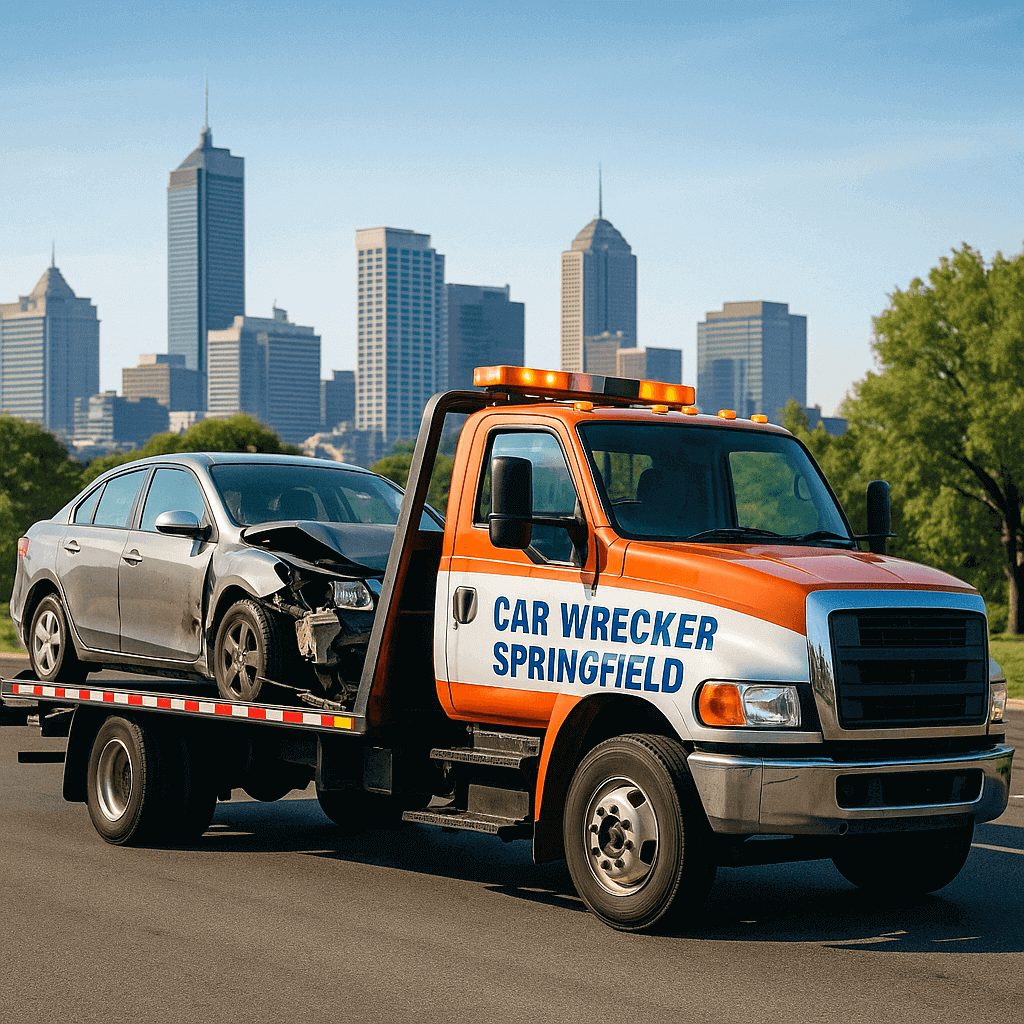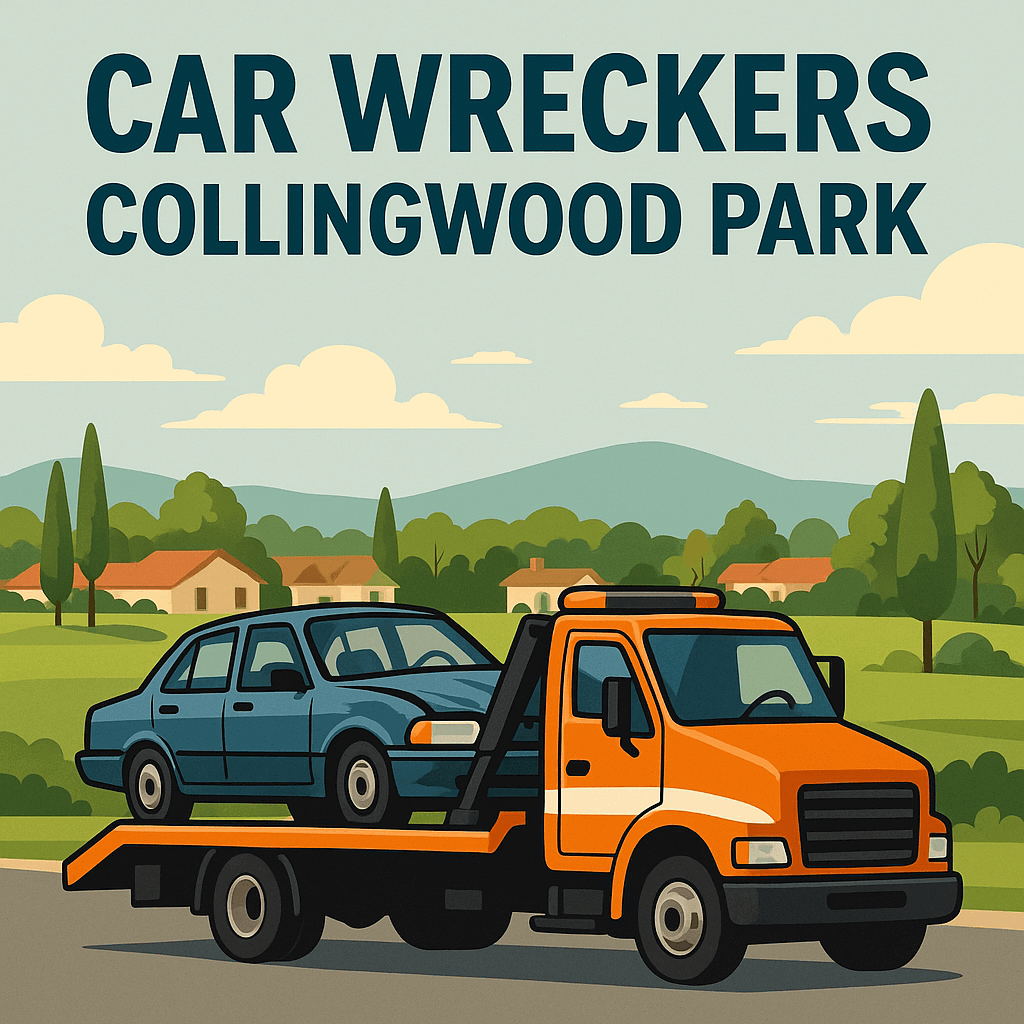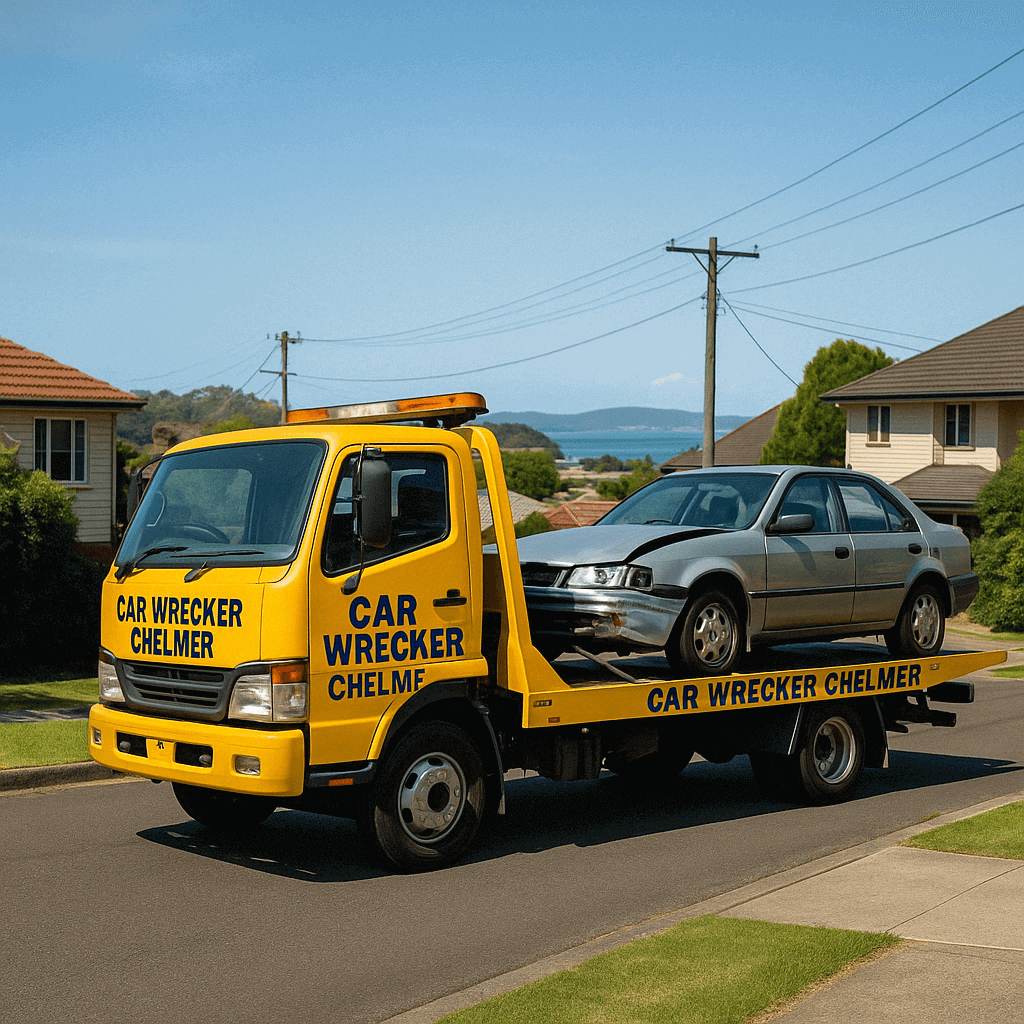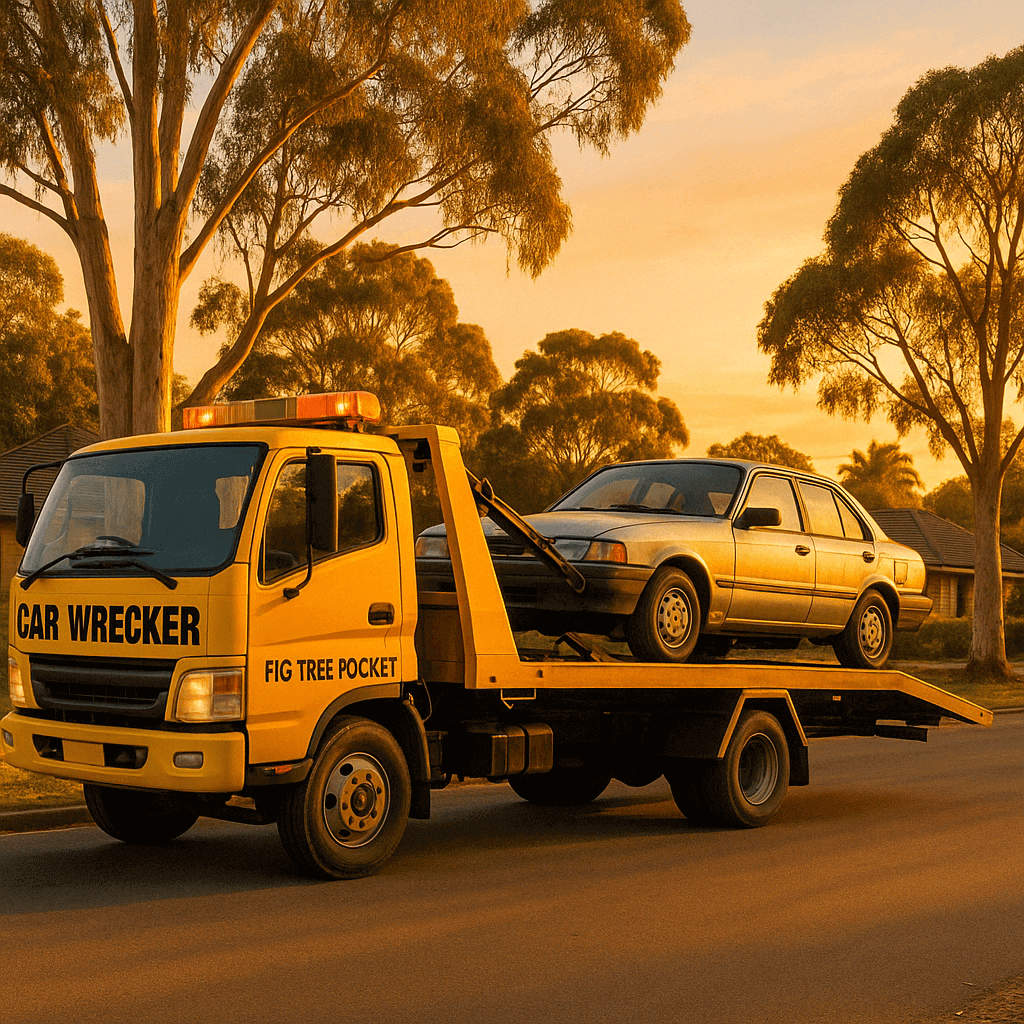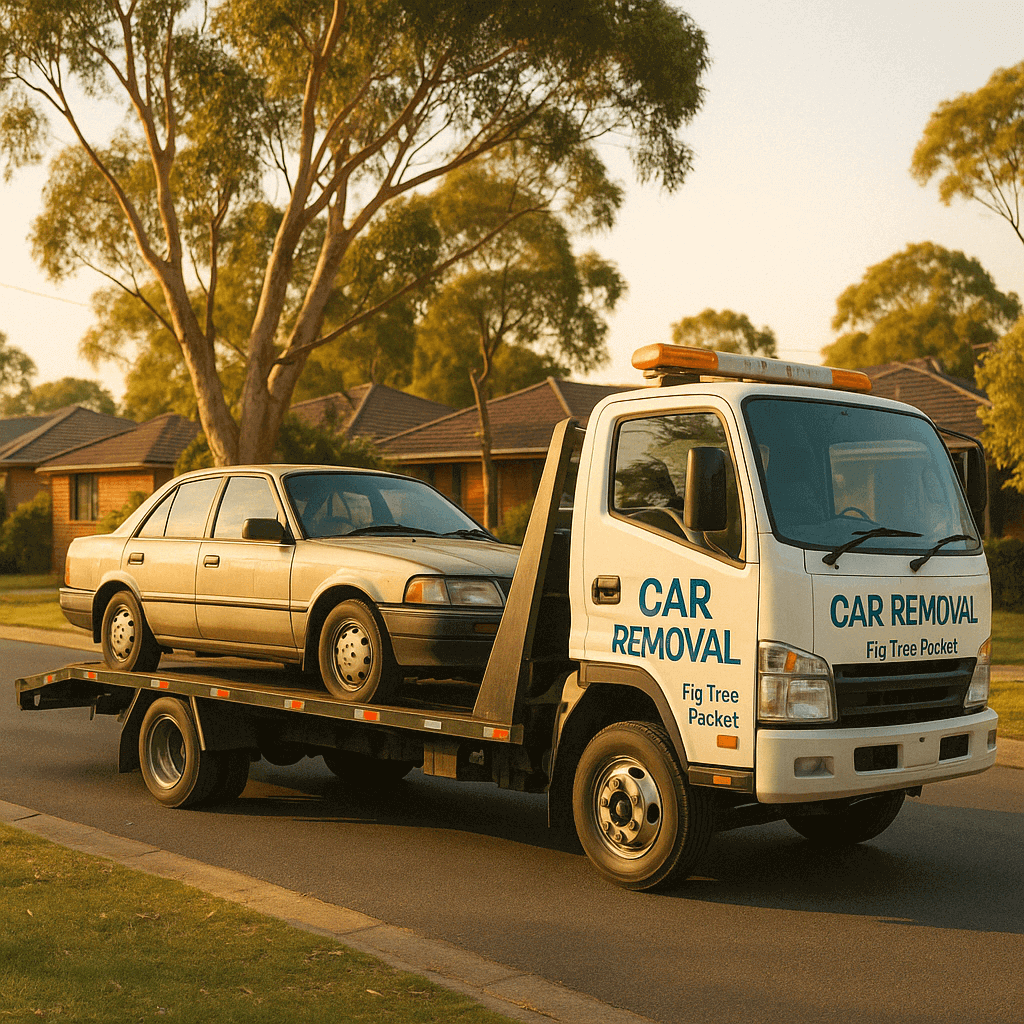Unwanted Car Disposal Near Me
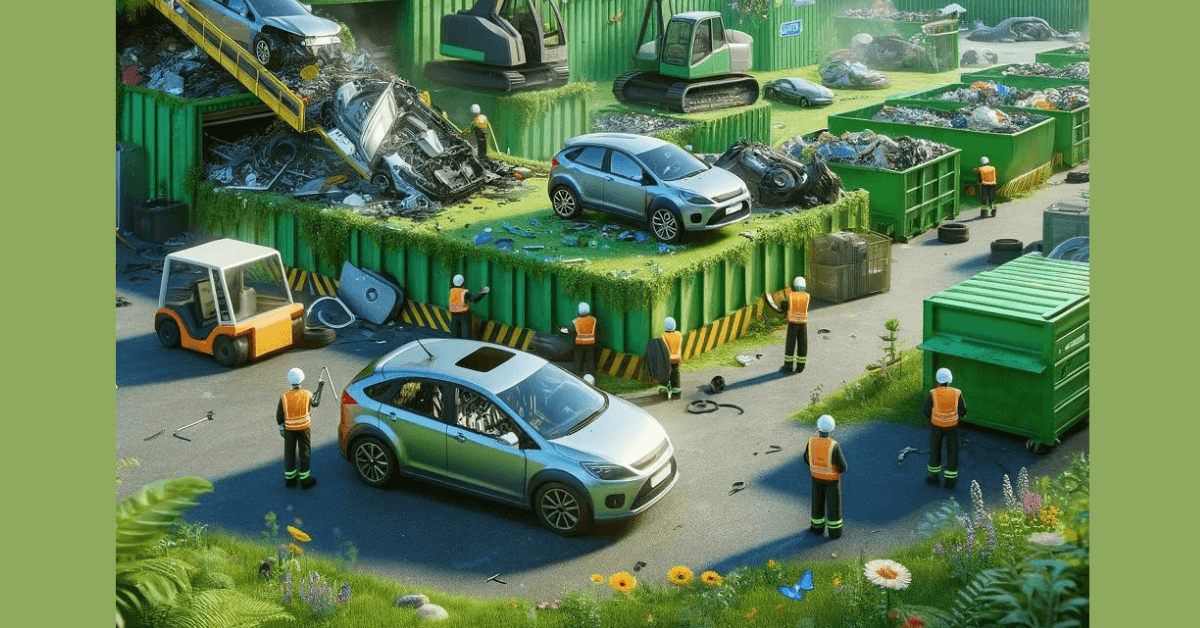
Disposing of an unwanted car can be daunting, but it’s essential for various reasons. Whether your vehicle is old, damaged, or simply no longer serving its purpose, knowing how to dispose of it properly is crucial. This article will guide you through the process of unwanted car disposal, providing insights into why it’s necessary, the available options, and the steps to take for a smooth disposal experience.
Why Dispose of an Unwanted Car Properly?
Many people wonder why they should bother disposing of their unwanted cars properly. The truth is, there are several compelling reasons to do so. Firstly, leaving a vehicle to deteriorate on your property can be an eyesore and violate local regulations. Additionally, abandoned cars can become breeding grounds for pests and pose safety hazards. Appropriate disposal keeps hazardous wastes from soil and water sources while safeguarding the ecosystem.
Options for Disposing of an Unwanted Car
When it comes to getting rid of an unwanted car, you have several options to consider:
Selling the Car Privately
If your car is still in good shape, selling it privately is a common choice. You can offer it in classified advertisements or internet markets to draw in possible purchasers.
Trading the Car In
If you’re purchasing a new vehicle, you can trade in your old car at the dealership. This can be a convenient way to get rid of your unwanted vehicle while potentially offsetting the cost of your new purchase.
Donating the Car
Donating your car to a charitable organization is another option. Not only does this allow you to support a worthy cause, but it can also provide you with a tax deduction.
Recycling the Car
Recycling your unwanted car is an environmentally friendly option that ensures its materials are reused or repurposed.
Junking the Car
Junking your car involves selling it to a scrap or salvage yard for parts or recycling. While you may not get much money for the vehicle, it’s a quick and easy way to dispose of it.
The Process of Unwanted Car Disposal
The process of disposing of an unwanted car typically involves several steps:
Assessing the Condition of the Car
Before deciding on a disposal method, assess the condition of your car to determine its value and suitability for different options.
Researching Disposal Options
Once you know the condition of your car, research the various disposal options available to you to find the best fit.
Making Arrangements for Disposal
Once you’ve chosen a disposal method, make arrangements to remove the car from your property.
Completing Necessary Paperwork
Complete any required paperwork for transferring ownership or canceling insurance and registration.
Things to Take Into Account While Selecting a Disposal Method
When choosing a disposal method for your unwanted car, consider the following factors:
Condition of the Car
The condition of your car will impact which disposal options are available and how much you can expect to receive for it.
Local Regulations and Laws
Be sure to research local regulations and laws regarding car disposal to ensure you comply with all requirements.
Environmental Impact
Consider the environmental impact of each disposal option and choose the most eco-friendly solution whenever possible.
Time and Convenience
Choose a disposal method that is convenient for you and fits your timeline and schedule.
Finding Unwanted Car Disposal Services Near You
If you’re unsure where to start, there are several places to look for unwanted car disposal services near you:
Local Junkyards and Scrap Yards
Junkyards and scrap yards often purchase unwanted cars for parts or recycling.
Online Platforms for Car Disposal
You can offer your unwanted vehicle on various websites and online marketplaces for sale or charity.
Community Recycling Centers
Some communities have recycling centers that accept unwanted cars for recycling.
Charitable Organizations
Many charitable organizations accept car donations and may even arrange for pickup.
Steps to Take Before Disposing of an Unwanted Car
Before disposing of your unwanted car, be sure to take the following steps:
Remove Personal Belongings
Remove any personal belongings from the car before handing it over for disposal.
Cancel Insurance and Registration
Cancel your car insurance and registration to avoid any future liabilities.
Transfer Ownership
If selling or donating the car, transfer ownership properly to avoid legal issues.
Gather Necessary Documents
Gather necessary documents, such as the title and registration, to complete the disposal process.
Tips for Maximizing the Value of an Unwanted Car
If you’re looking to get the most value out of your unwanted car, consider the following tips:
Clean and Detail the Car
Investing in professional washing and detailing for your car can make it more appealing to recyclers or prospective buyers.
Provide Maintenance Records
If you have regular maintenance and repair records, provide them to demonstrate the car’s history and value.
Consider Repairs or Upgrades
Investing in minor repairs or upgrades can increase the value of your car and make it more attractive to buyers.
Negotiate Fairly
Be ready to haggle with dealers or prospective purchasers when trading in or selling your car to obtain the most excellent price.
Environmental Benefits of Proper Car Disposal
Properly disposing of your unwanted car can have significant environmental benefits:
Reducing Pollution
Recycling and adequately disposing of cars helps to reduce air and water pollution by preventing harmful substances from entering the environment.
Conserving Resources
Recycling car materials helps to conserve valuable resources, such as metal and plastics, which reduces the need for new raw materials.
Preventing Contamination
Proper disposal of cars helps prevent soil and water contamination from leaking fluids and other hazardous materials.
Promoting Recycling
By recycling your unwanted car, you contribute to the recycling industry and help promote sustainability.
Common Mistakes to Avoid When Disposing of an Unwanted Car
When disposing of your unwanted car, be sure to avoid the following common mistakes:
Abandoning the Car
Leaving your car abandoned on your property or public land is illegal and harmful to the environment.
Neglecting Legal Obligations
Be sure to fulfill all legal obligations, such as transferring ownership and canceling insurance, to avoid future liabilities.
Ignoring Environmental Impact
Pick the most environmentally friendly alternative whenever you can, considering how your disposal approach may affect the environment.
FAQs (Frequently Asked Questions)
The best disposal method depends on various factors, such as the car’s condition, location, and preferences. Selling, donating, or recycling the car are popular options to consider.
Yes, you can dispose of a car that doesn’t run. Many junkyards and scrap yards will purchase non-running vehicles for parts or recycling.
Whether to sell or donate your unwanted car depends on your priorities and preferences. Selling the vehicle may provide some financial return, while donating allows you to support a charitable cause and receive a tax deduction.
You can find reputable disposal services near you by searching online, asking for recommendations from friends or family, or contacting local junkyards and recycling centers.
When removing an automobile, you should take off the license plates and either give them back to the Department of Motor Vehicles or, if appropriate, transfer them to a new car.
Conclusion
Even though getting rid of an unwanted car can seem complicated, it can be simple if you have the proper knowledge and tools. By understanding your options, considering important factors, and taking the necessary steps, you can dispose of your car responsibly while minimizing environmental impact.

